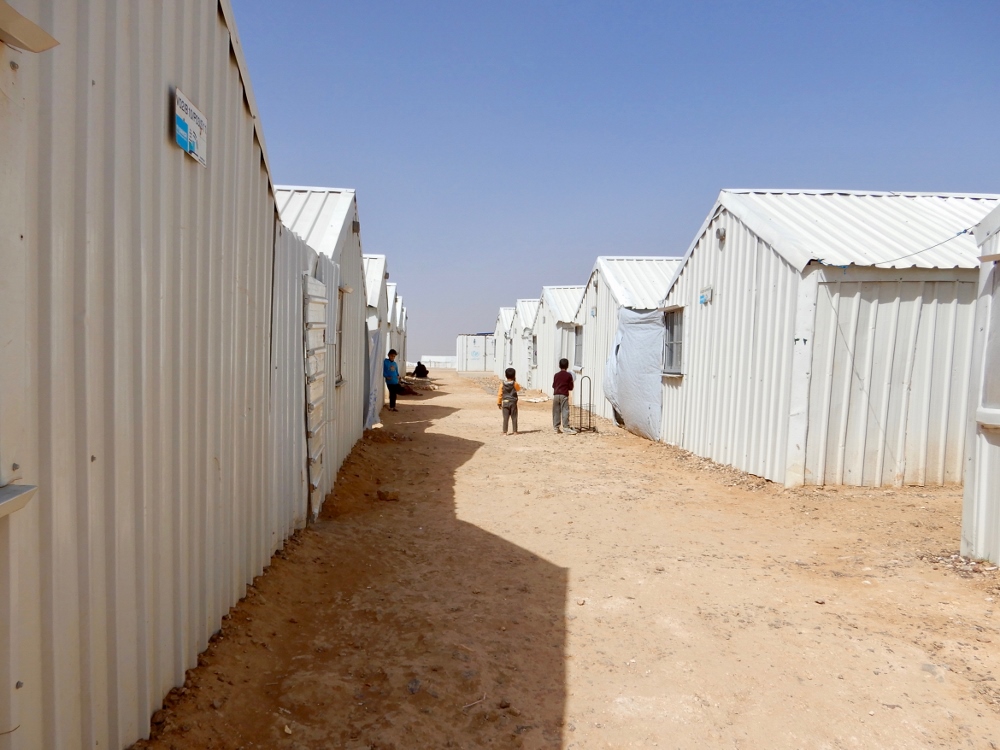Most of us have little idea of what it’s like to be a refugee. War, violence or natural disasters can emerge suddenly, giving people and their families little time to respond. Hard decisions must be made, usually in a hurry, that could have lasting impact on their lives. What to bring? What to leave? Where will we go? How will we get there?
Emotional health can be fragile for refugees. They can be worried, scared, angry or often just bored. They might feel unwanted, resented and hopeless. The trauma of being wrenched from their homelands is compounded by the dependence, disdain and loss of control they experience in whatever country takes them in.
Images of refugees struggling amid humanitarian crises have become common. Learning about them outside the chaotic context of refugee camps allows us to consider their needs and what roles we might serve to help them. Perhaps more importantly, we can consider how to resolve current crises or prevent future ones. We ourselves could someday be as dependent as the refugees we serve. We can grow to recognize these situations as opportunities for interdependence, but that growth begins with exploring something as basic as a refugee's needs, or what they might bring on their journey.
- Begin by asking a few students to explain what a refugee is. Share this definition: "A refugee is a person who is forced to leave their homeland due to violence, natural disaster or some other urgent reason." Then say: "Refugees leave their homelands in a hurry, usually taking only what they can carry while walking long distances in grueling conditions."
- Ask students to compile, on their own and quietly, a list of 10 essential items they’d bring with them if they were refugees. The list should include things they'll need for the journey, as well as the items they'll want when they settle in a refugee camp. These items need to fit in a backpack or plastic trash bag. Give students a few minutes to make their lists, then facilitate a group discussion and create a list that tallies items found on the students' lists. Rank the 10 items found most frequently on their lists.
As a group, discuss the following:
- In choosing what to bring, did we prioritize items that support our physical health or those that sustain our mental, emotional or spiritual health?
- Did we consider how long the practical items would last and whether we'd become dependent on others to meet our physical needs?
- How would you respond to the emotional challenges you'd encounter as a refugee? What gifts do you have to help yourself or others? How do you feel about turning to strangers for emotional support?
Conclude by saying: "The lives of refugees are turned upside-down by wars, disasters or other crises. Every day can be a challenge to stay alive or not give into despair. Understanding their plight can help us to be more compassionate and better equipped to respond."
Jesus, you yourself were a refugee,
a vulnerable baby whose parents took flight to save you from a murderous king.
Help us to see you in the faces of the vulnerable refugees of our time.
Open our hearts to understanding why they flee, what they need and how we might serve them.
For we know that when we welcome the stranger, we welcome you.
Amen.
Please give us your feedback! Fill out a quick survey about this lesson and how we can serve you better. Remember that its title is "Seeking refuge in Jordan"
Tell us what you think about this resource, or give us ideas for other resources you'd like to see, by contacting us at education@globalsistersreport.org
